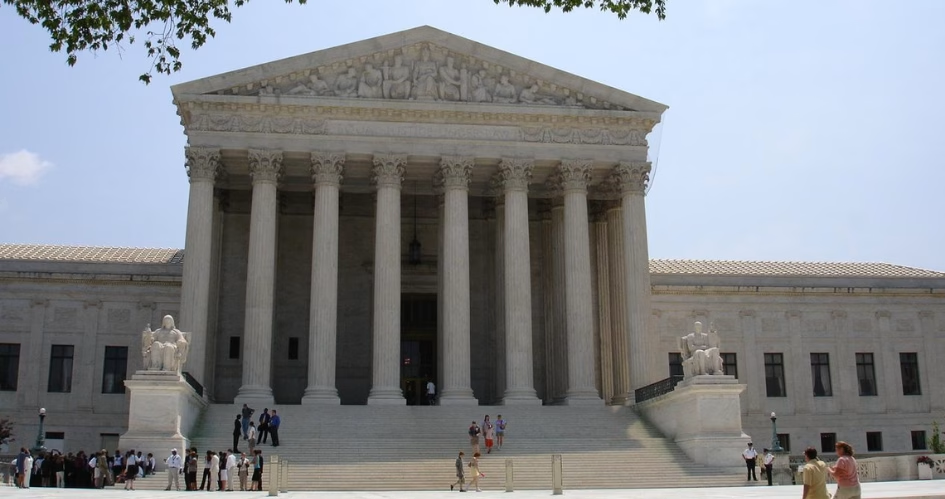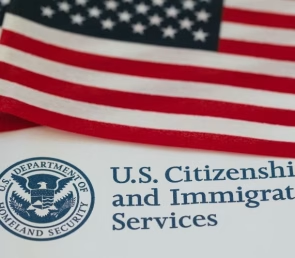
Supreme Court Ruling on Visa Petition Revocations
Date : December 30, 2024 By
The Supreme Court, in a landmark decision, affirmed the Secretary of Homeland Security’s broad discretion to revoke previously approved visa petitions, ruling in Bouarfa v. Mayorkas (2024). This decision clarifies critical aspects of immigration law, specifically regarding judicial review and the extent of agency discretion under 8 U.S.C. §1155.
Background of the Case
Amina Bouarfa, a U.S. citizen, filed a visa petition for her spouse, Ala’a Hamayel, which was initially approved by the U.S. Citizenship and Immigration Services (USCIS). Two years later, USCIS issued a Notice of Intent to Revoke the petition, citing evidence of Hamayel’s alleged prior sham marriage aimed at evading immigration laws. Bouarfa challenged this revocation in court, arguing insufficient evidence and claiming that such revocations are not entirely discretionary.
Both the District Court and the Eleventh Circuit dismissed Bouarfa’s claims, citing jurisdictional limits under 8 U.S.C. §1252(a)(2)(B)(ii). The case ultimately reached the Supreme Court to resolve whether federal courts have jurisdiction to review discretionary agency decisions involving visa petition revocations.
Key Ruling Highlights
Justice Jackson delivered the unanimous opinion of the Court, affirming that:
- Discretionary Authority: Section 1155 explicitly grants the Secretary of Homeland Security the discretion to revoke visa petition approvals “at any time” for “good and sufficient cause.” This authority includes decisions based on sham-marriage determinations.
- Jurisdictional Bar: Judicial review of such discretionary revocations is barred under §1252(a)(2)(B)(ii). The Court emphasized that the Secretary’s revocation authority lacks threshold requirements, further underscoring its discretionary nature.
- Agency Practice: While Bouarfa argued that the Secretary’s discretion becomes mandatory in cases of sham-marriage findings, the Court rejected this view. It clarified that the agency retains the option not to revoke approvals, even in cases of alleged fraud, allowing for flexibility and fairness in decision-making.
- Legislative Intent: The ruling highlighted Congress’ deliberate choice to provide reduced procedural protections for discretionary relief, as reflected in the statutory language.
Implications of the Decision
This ruling solidifies the Secretary’s authority in immigration matters, particularly in revoking visa petition approvals. It also underscores the limited scope of judicial review in discretionary agency decisions, reinforcing Congress’ intent to streamline immigration processes while granting significant deference to the Executive Branch.
For individuals navigating the immigration system, this decision highlights the importance of ensuring the accuracy and completeness of visa petitions from the outset. It also emphasizes the need for robust evidence and documentation to counter potential challenges during the immigration process.
A Turning Point in Immigration Law
The Supreme Court’s decision in Bouarfa v. Mayorkas is a pivotal moment, reaffirming the balance between statutory mandates and agency discretion within the U.S. immigration framework. This case serves as a reminder of the complexities of immigration law and the critical role of experienced legal counsel in safeguarding individuals’ rights.
Stay updated on the latest legal developments with us at sercansakalli.com.




